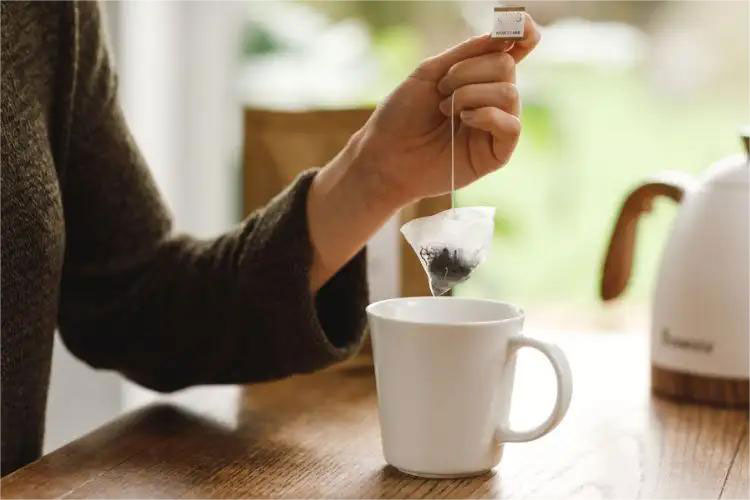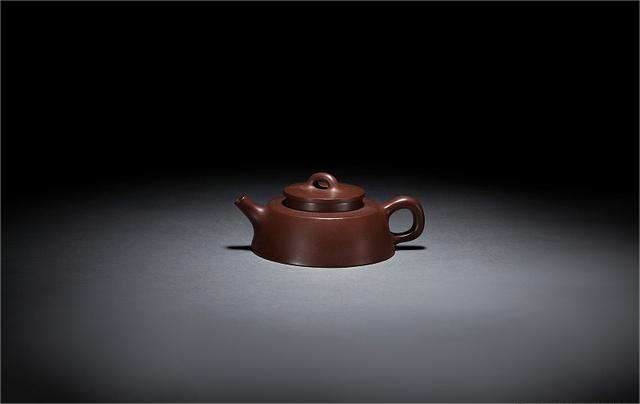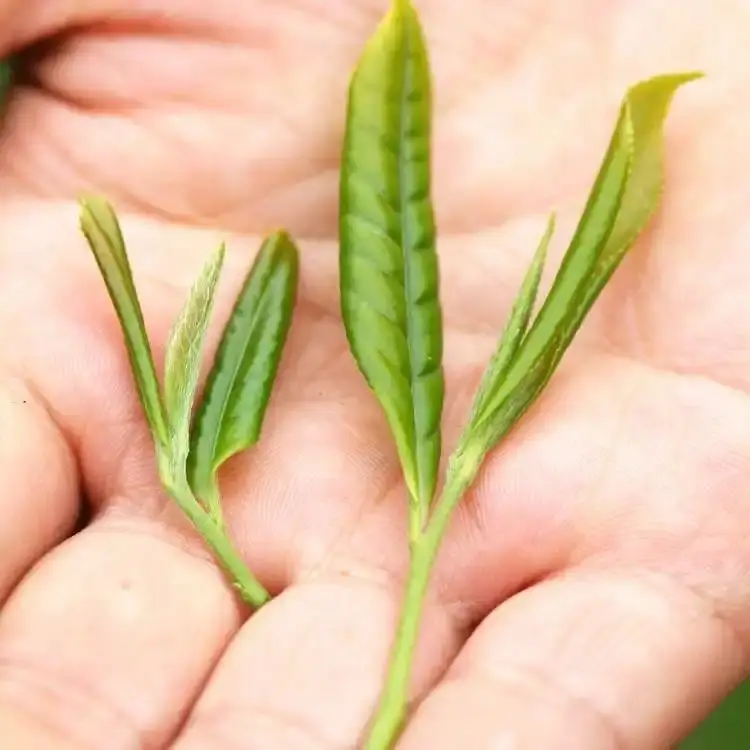Chemistry of Tea
Health Benefits by Chemistry
There are a number of healthy compounds naturally found in the tea leaf:
Antioxidants
Polyphenols
Vitamins & Minerals
Theanine
Caffeine

Antioxidants
Did you know that tea contains natural antioxidants called flavonoids?
Antioxidants counter the harmful effects of free radicals. Free radicals are unstable molecules that attack other molecules in the body, leading to cell damage. Antioxidants inhibit the oxidation reactions caused by free radicals, thereby preventing damage to cells and tissues.
The type and amount of flavonoid contained in tea depends on the variety of leaf, growing environment, processing, and brewing method. Green tea contains mostly simple flavonoids called catechins while black tea contains more complex varieties called theaflavins and thearubigins. Scientists have demonstrated that flavonoids, which are polyphenolic compounds, exhibit antioxidant activity.

Polyphenols
Both green tea and black tea contain polyphenols which like other antioxidants help protect cells from the normal but damaging, physiological process known as ‘oxidative stress’. Although oxygen is vital to life, oxidation produces free radicals. These are unstable molecules, which occur naturally in the body and excess amounts of them can damage the cells in our body, resulting in cardiovascular diseases, cancer, cholesterol, blood pressure, arthritis and other chronic diseases.
A study by Pat Kendall, Food Science and Human Nutrition Specialist, Colorado State University, June 21, 2000, concluded that the polyphenols in tea can neutralize enzymes essential for tumour growth and deactivate cancer promoters polyphenols are amongst the most soluble portion of tea in the dried tea leaf. Thus, when you steep a cup of loose leaf tea, you're making a solution of tea polyphenols. In fresh, unfermented tea leaves, polyphenols exist as a series of chemicals called catechins, which include gallocatechin (GC), epigallocatechin (EGC), epicatechin (EC), epigallocatechin gallate (EGCg), and epicatechin gallate (ECg).
Fruits, vegetables and tea are common sources of antioxidants. According to Dr. R L Prior, tea produces greater antioxidant activity than most fruits and vegetables, which also contain antioxidants. Long known as tea tannins because of their pungent taste, polyphenols are one of the most soluble portions of the tea leaf. In fresh, unfermented tea leaves, polyphenols exist as a series of chemicals called catechins, which include gallocatechin (GC), epigallocatechin (EGC), epicatechin (EC), epigallocatechin gallate (EGCg), and epicatechin gallate (ECg)... [The] largest component of fresh tea leaves is EGCg.

Vitamins & Minerals
The following vitamins are naturally found in tea:
Vitamin C – a recent study showed that black tea, green tea and oolong tea are all extremely good sources of vitamin C, a potent antioxidant.
Carotene, a precursor to vitamin A, has antioxidant and protective properties.
Thiamine (vitamin B1) and pantothenic acid are necessary for the release of energy from fat and carbohydrate. (pictured here)
Vitamin B6 is involved in metabolism proteins
Folic Acid plays a role in cell division.
Tea is a good source of essential minerals:
Manganese is essential for bone growth and development.
Potassium is vital for maintaining a healthy heart. It enables nerves and muscles to function and regulates fluid levels within the cells. Deficiency leads to erratic heartbeat and fatigue.
Fluoride is the most successful agent against tooth decay ever discovered. Tea is one of the few natural sources of fluoride. Fluoride has been shown to have a positive effect on preventing tooth decay and gum disease.

Theanine
Theanine is an amino acid found in tea. Theanine has been shown to reduce mental and physical stress. Theanine promotes alpha wave production in the brain, which is the part of the brain that is stimulated during meditation or wakeful relaxation.
Theanine also increases brain dopamine levels. The combination of L-theanine and caffeine has been shown to promote faster cognitive abilities such as faster reaction time, faster numeric working memory reaction time and improved sentence verification accuracy. High levels of it are thought to be responsible for the umami (savory) taste of some green teas.

Caffeine
Caffeine is well recognized as increasing both alertness levels and attention spans. A cup of coffee or tea is often welcomed by many as an afternoon "cuppa" to get back on top of their workload.
A report by the Department of Nutritional Services provides the following ranges of caffeine content for a cup of tea made with loose leaves:
Black Tea: 23 – 110 mg
Oolong Tea: 12 – 55 mg
Green Tea: 8 – 36 mg
White Tea: 6 – 25 mg
In comparison, a cup of coffee contains about 90–175 mg (depending on the brewing method). For those who are sensitive to caffeine, we recommend using a little less leaf and brewing your teas with slightly cooler water for a shorter period of time. Green, white and lightly oxidized oolong teas are good choices, as they tend to benefit from lower water temperatures and shorter steeping times, which in turn extracts less caffeine.
PLEASE NOTE: These statements have not been evaluated by the Food and Drug Administration. These products are not intended to diagnose, treat, cure, or prevent any disease.
 PACKAGING OUR TEA SUSTAINABLY
PACKAGING OUR TEA SUSTAINABLY



